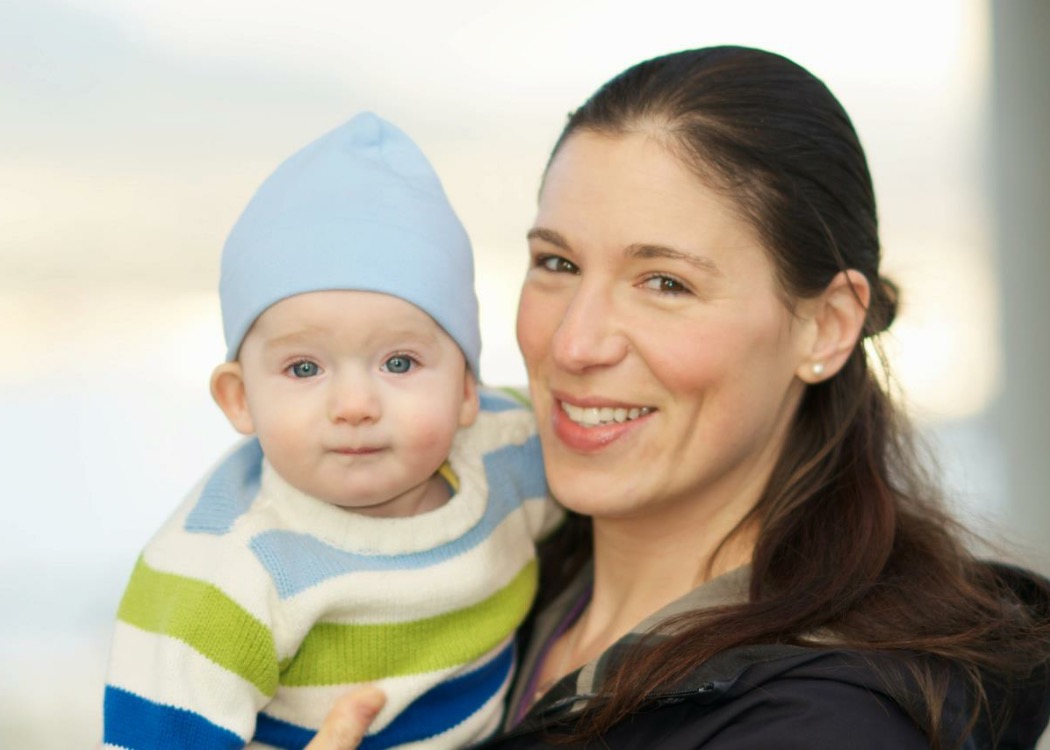Why your Baby or Toddler Wakes up Early and What to do About it.

By Carli Sussman
Is your baby or toddler an early bird? Not only are chronic early morning wakings frustrating and exhausting for parents, but if your baby is regularly waking before 6:00 AM and getting fewer than 11 hours of overnight sleep, he is likely missing out on a valuable hour of deep, restorative sleep!
Why do so many babies seem to wake for the day between 5:00 and 6:00 AM? Stirring or rousing during that time frame is a completely normal part of your child’s sleep pattern. What is not normal is for him to remain awake. He should fall back to sleep within a few minutes, and get another 45 to 60 minutes of sleep, before fully waking for the day.
Here are some the most common causes of early morning wakings, and how to fix them:
- The room is too bright. Children are extremely sensitive to light and dark cycles. If your baby wakes at 5:00 and sees daylight, her body and brain will tell her it is time to get up. Darken the room using blackout shades, blankets, foil or cardboard in the windows. This is especially important in spring and summer, when the days are long and bright.
- Your baby has recently started sleeping better. If your baby or toddler has recently begun to wake less frequently or even sleep through the night, he may begin to struggle with early mornings. This is because when he wakes between 5:00 and 6:00, with a good night’s sleep behind him, he now feels well-rested compared to when he was waking frequently during the night. Therefore, his drive to fall back to sleep is weak. The solution for this problem is time and consistency. Set a minimum cutoff time before which you will not take your baby out of bed, and stick to it, firmly and consistently. It can take several weeks for your baby to get past this hump
- Your baby uses props to fall asleep. If your baby uses props, such as a pacifier, or being fed or rocked to sleep, when she wakes in the early morning, she will need the same prop(s) in order to fall back to sleep. To learn to fall back to sleep without parental assistance, your baby will first need to learn to fall asleep on her own at bedtime.
- Bedtime is too late. When babies go to sleep too late, disruptions to their natural hormone cycles can make it more difficult for them to fall back to sleep in the early morning. The solution, of course, is to try an earlier bedtime – usually somewhere between 6:00 to 7:00 PM. If your baby sleeps past 6:00 AM, but total overnight sleep is less than 11 hours, you should move bedtime back to a time that is 11 to 12 hours before he normally wakes for the day.
- Bedtime is too early. Occasionally, babies may wake early because their bedtime is too early. Most babies need about 11 to 12 hours of overnight sleep. If you are putting your baby to bed at 6:00 PM and she’s waking at 5:30 AM, it may be that she has completed all of her night sleep by that point. The solution in this case is to gradually shift bedtime later – about 15 minutes per night – to see if her morning wake-up time will shift correspondingly later.
- Your baby has too much sleep too late in the day. When babies have too much sleep too late in the day, their bodies will sometimes treat the final nap as the first part of their overnight sleep. For example, if your one-year-old naps for two hours between 4:00 and 6:00 PM and then goes to bed at 8:00 PM, he may treat the nap as the first two hours of his night sleep, and be wide awake at 5:00 AM after only nine hours of sleep. The solution to this problem is to ensure there is enough wake time between the final nap and bedtime.
- Your baby’s first nap is too early. When babies wake for the day, before having completed the final cycle of deep sleep, they will try to compensate by needing a nap shortly after waking. This nap is effectively a part of your child’s overnight sleep that has detached from the night. To break this cycle, you will need to move the first nap later, in combination with setting a firm minimum cut-off time before which she does not get out of bed for the day.
- Your baby is having too much daytime sleep. Common wisdom states that you should never wake a sleeping baby, but if your baby’s daytime sleep is interfering with night sleep, you may need to cap his naps. There is only so much total sleep in a baby’s “sleep bank,” and if you take too much out of the bank during the day, you won’t leave enough for nighttime. This generally only applies after the age of four months. Newborns should not have their daytime sleep restricted.

Carli Sussman
Professional Sleep Consultant
